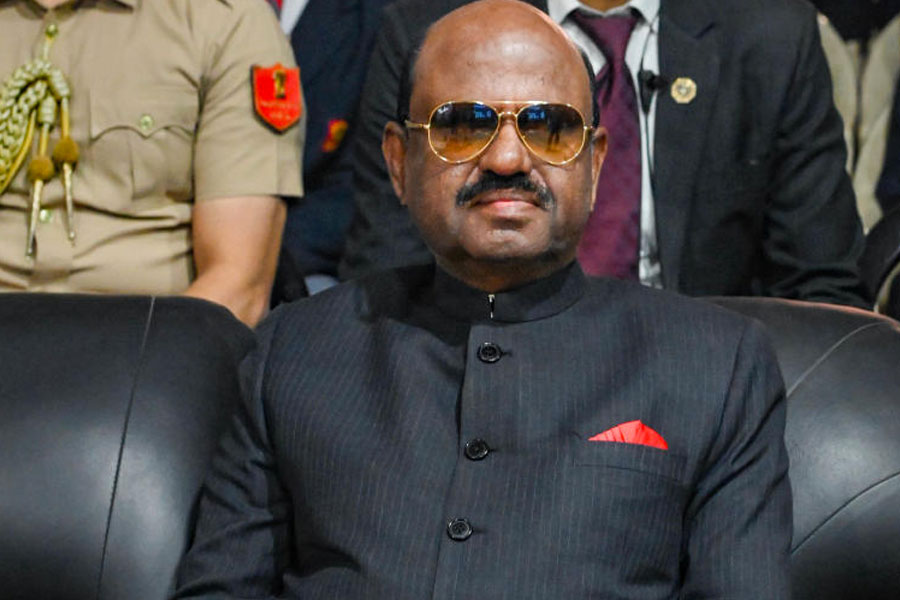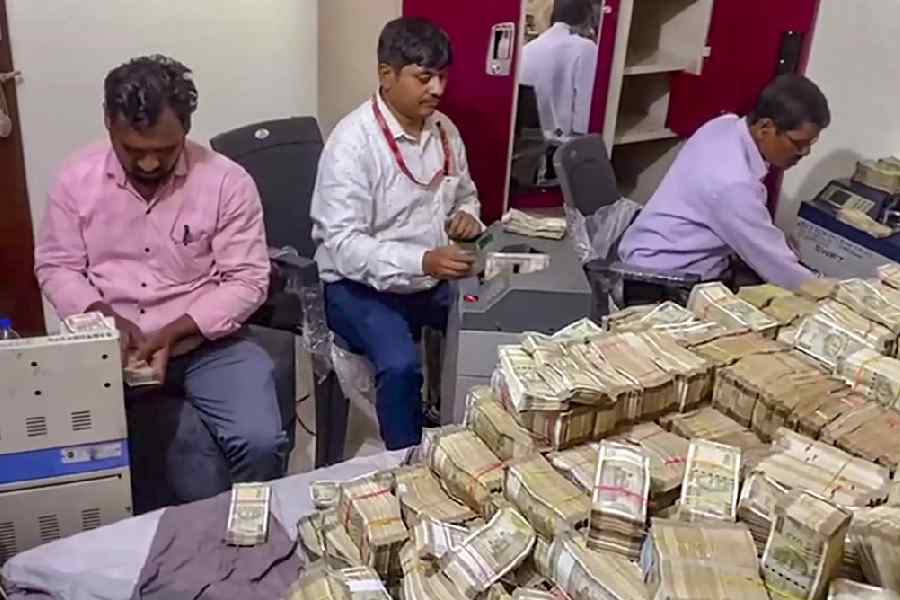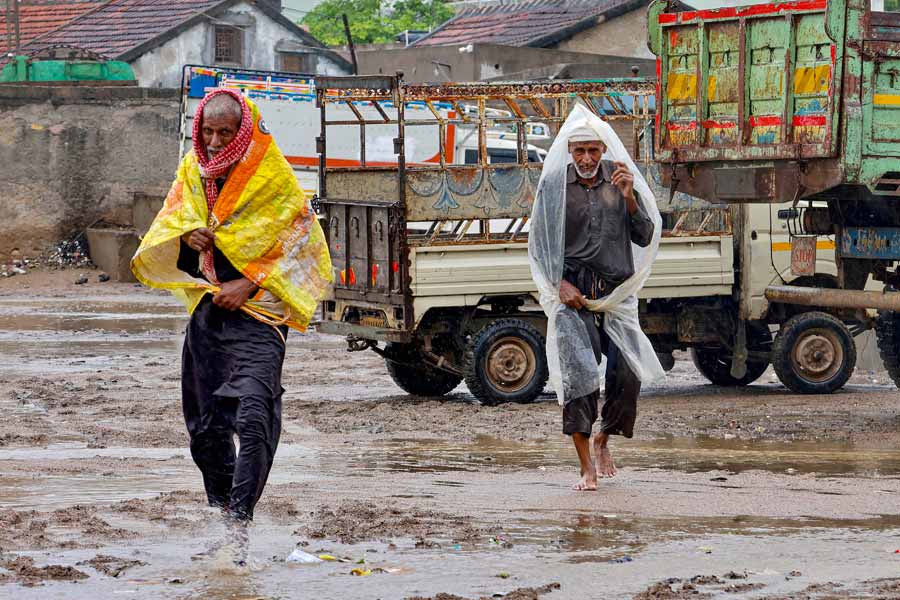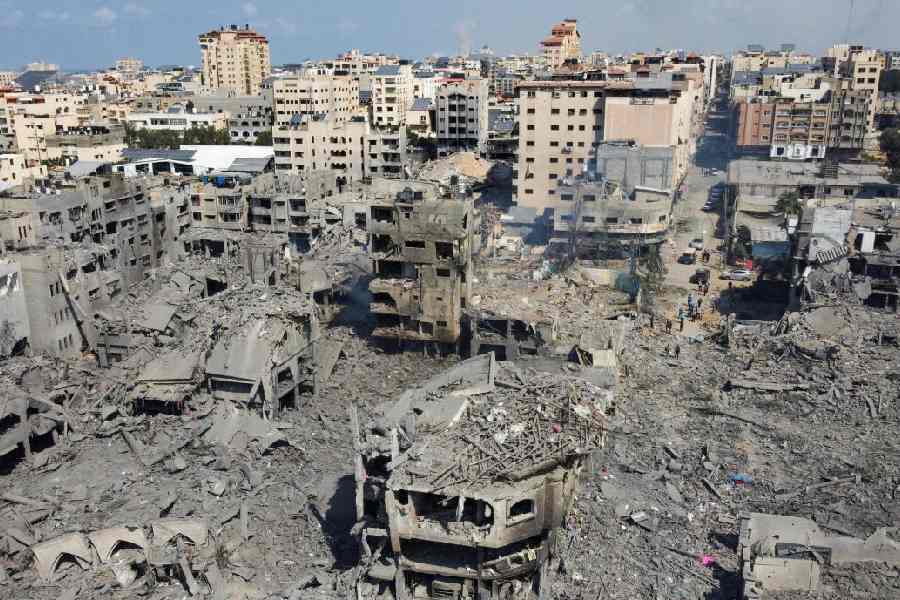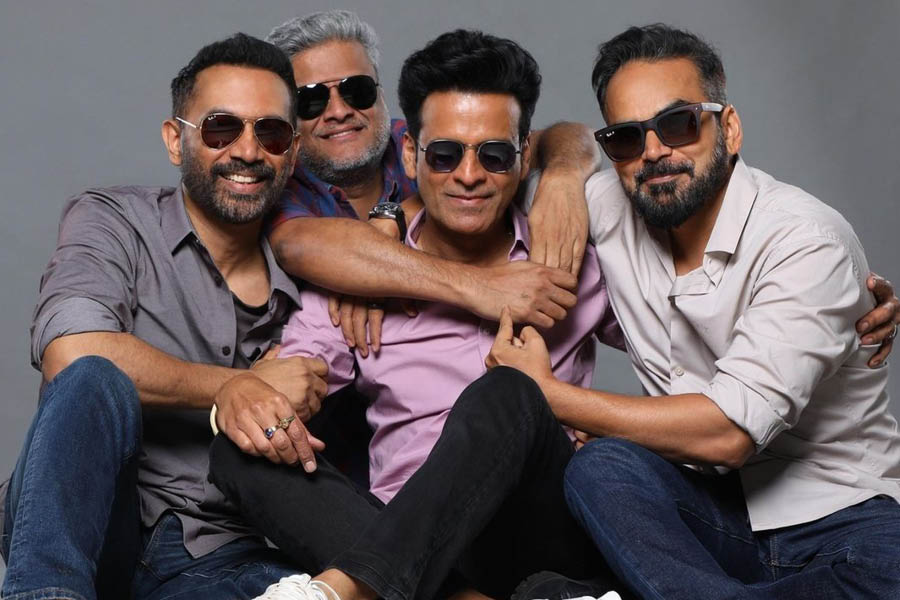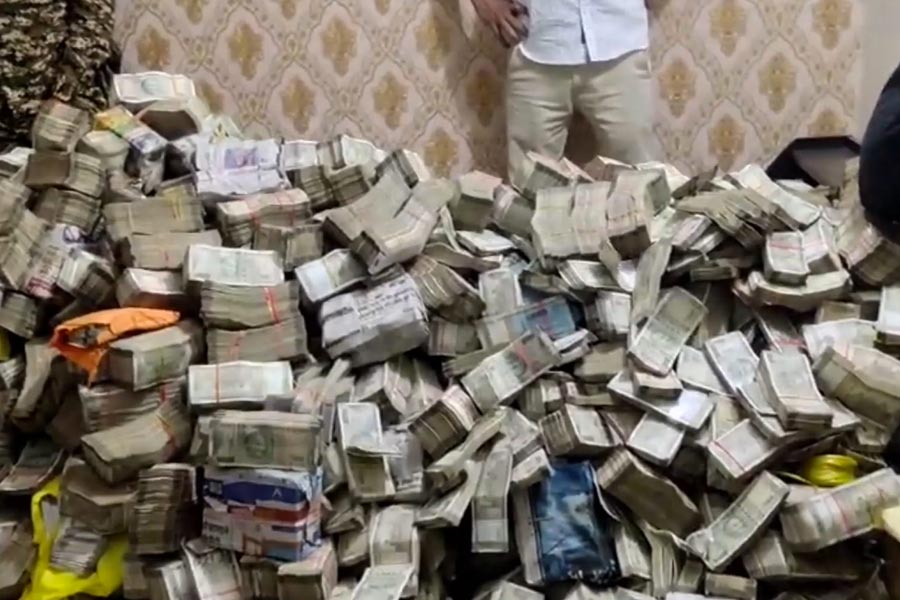The Supreme Court on Monday extended till the second week of April its interim stay on an Allahabad High Court order that appointed a court commissioner to survey the Shahi Idgah Mosque’s compound in Mathura in connection with the Krishna Janmabhoomi dispute.
Hindu groups, which claim the mosque stands on Lord Krishna’s birthplace, want it shifted and the site handed over for a temple to be built. They claim the mosque was built after partially demolishing a temple during Mughal rule, and have demanded a scientific survey of the site to substantiate the claim.
At the last hearing on January 16 — of an application filed by the mosque committee — the apex court had stayed the high court’s December 14 directive for the appointment of the court commissioner for such a survey.
On Monday, the bench of Justices Sanjiv Khanna and Dipankar Datta extended the stay on a joint request from both disputing parties, which requested more time to prepare their cases.
In the same order, the bench said the high court was free to continue hearing other, related issues arising from the batch of suits moved by various Hindu groups in the land title dispute.
A 1991 Act mandates status quo on every place of worship as it existed on August 15, 1947, with the sole exception of the now-demolished Babri Masjid in Ayodhya.
However, Sangh Parivar outfits have with tacit support from the BJP been campaigning for the Gyanvapi Mosque in Varanasi and the Shahi Idgah in Mathura — which abut the Kashi Vishwanath Temple and the Krishna Janmasthan Temple, respectively — to be shifted and the sites handed over to Hindus. The demands — based on the claims that the mosques were built after partially destroying the original temples — have gained momentum following the Ram temple consecration in Ayodhya this month, and in the run-up to the general election.


